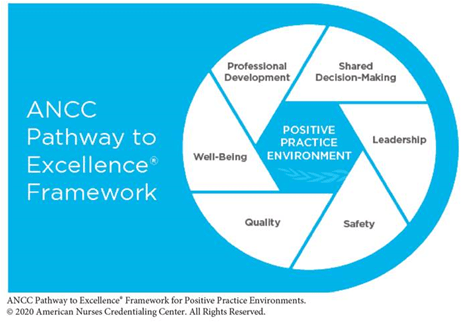Creating a healthy work environment for Nurses should be a top priority for employers in the healthcare industry. Nurses play a vital role in patient care, and their well-being directly impacts the quality of care they provide. By addressing some of the biggest issues in Nursing today, such as recruitment, retention, burnout, and bullying, employers can create a positive and supportive work environment that ultimately benefits both Nurses and patients.
Recruitment and retention are ongoing challenges in the industry. Many healthcare facilities struggle to attract and retain qualified Nurses, leading to staffing shortages and increased workload for the existing staff. By focusing on creating healthy work environments, employers can make their organizations more appealing to prospective Nurses and enhance employee satisfaction and loyalty. A positive work environment with adequate resources, support, and opportunities for professional growth can attract and retain talented Nurses, ensuring a stable workforce and improving patient outcomes.
Burnout is a pervasive issue among Nurses, resulting from the demanding nature of their work and high levels of stress. A negative work environment can exacerbate burnout and its associated physical, emotional, and mental exhaustion.
A McKinsey Health Institute (MHI) report found a direct correlation between a workplace's toxicity and the levels of stress and burnout reported by its employees. According to this research, employees are almost 8 times more likely to report symptoms of burnout when faced with high levels of toxic workplace behavior.
Employers need to prioritize the well-being of their Nursing staff by implementing strategies that promote work-life balance, provide access to support services, and encourage self-care. By fostering a culture of wellness and offering resources to manage stress, employers can mitigate burnout and create an environment where Nurses feel valued and supported.
Bullying is another significant issue that affects Nurses' well-being and job satisfaction. Workplace bullying can lead to increased stress, anxiety, and decreased morale among Nurses, ultimately impacting patient care.
According to an article from the National Library of Medicine, "A significant percentage of Nurses leave their first job due to the negative behaviors of their coworkers, and bullying is likely to exacerbate the growing Nurse shortage. A bullying culture contributes to a poor Nurse work environment, increased risk to patients, lower Hospital Consumer Assessment of Healthcare Providers and Systems (HCAHPS) patient satisfaction scores, and greater Nurse turnover."
Health systems must take proactive measures to prevent and address bullying in the workplace. This includes implementing clear policies against bullying, providing training on respectful communication and conflict resolution, and fostering a culture of respect and collaboration. By creating a safe and respectful work environment, employers can empower Nurses to excel in their roles and provide the best possible care to patients.
Negative workplaces not only harm the well-being of Nurses but also contribute to disengagement and decreased job satisfaction. When Nurses feel unsupported, unappreciated, or overwhelmed by their work environment, they are more likely to become disengaged, which can ultimately lead to decreased productivity and compromised patient care. Employers must recognize the impact of the work environment on Nurse engagement and take steps to create a positive and empowering atmosphere. This can be achieved through open communication, involving Nurses in decision-making processes, and providing opportunities for professional development and growth.
In conclusion, creating a healthy work environment for Nurses should be a top priority for employers. By addressing issues such as recruitment, retention, burnout, and bullying, employers can create a positive and supportive workplace that enhances Nurses' well-being and improves patient care. Investing in the well-being of Nurses not only benefits the individuals but also contributes to the overall success of healthcare organizations. Employers must recognize the crucial role Nurses play in healthcare and take proactive steps to ensure their work environment fosters their growth, satisfaction, and ultimately, the provision of high-quality patient care.




